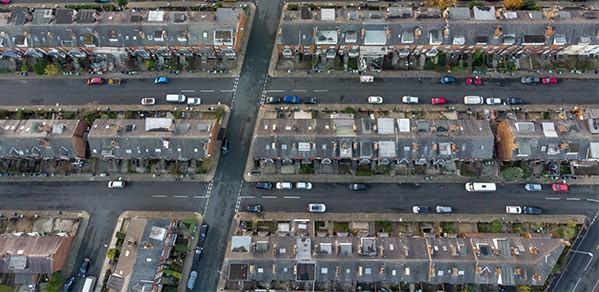
In this article from The Conversation, co-authors Dr André Neto-Bradley and Professor Ruchi Choudhary join researchers from the University of Leeds in discussing ways of improving the energy efficiency of England's homes and reducing the carbon used to heat them.
The energy used to heat and light our homes doesn’t get as much attention as aviation, coal power or steel production, yet it contributes to more than 10% of emissions worldwide. Improving the energy efficiency of homes and reducing the carbon used to heat them is essential.
In the UK, the government recently announced a £5,000 subsidy for households to install heat pumps. The measure is part of a policy which aims to phase out installation of gas boilers by 2035, with a view to making building stock net zero by 2050. However, this assumes that heating demand is relatively even across the country and doesn’t consider the impact of regional inequality in energy efficiency.
Preliminary results from our ongoing research suggest that the energy efficiency of homes built in the past 20 years varies considerably depending on where you are. We modelled this in England using census and spatial data alongside energy performance certificates. Our model focused on homes built in the past 20 years, as these are very likely to still be in use in 2050 and therefore achieving net zero emissions targets will require a reduction in emissions from heating these very homes.
Original Department of Engineering article.
Image credit: Duncan – stock.adobe.com

